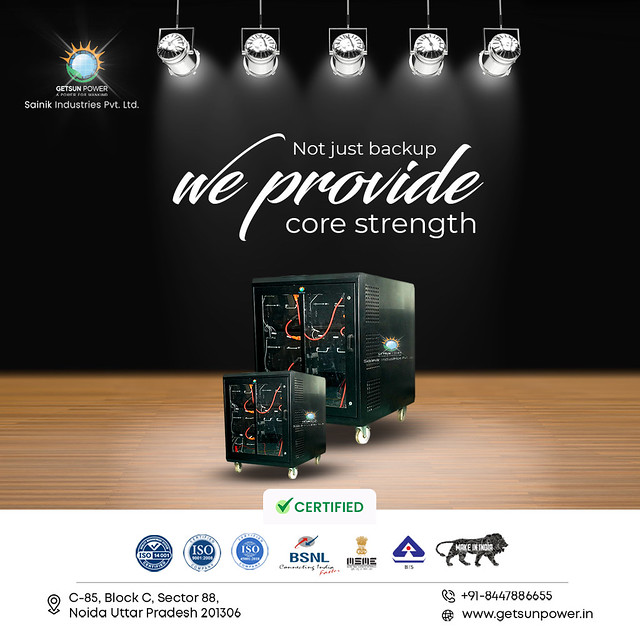Lithium Battery: The Future of Energy Storage Lithium rechargeable cell Systems
With the increasing demand for efficient and sustainable energy storage solutions, lithium batteries have emerged as a reliable and popular choice. This article delves into the manufacturing process, characteristics, advantages, usage methods, tips for selecting the right product, and concludes with a comprehensive view on lithium

batteries.
Manufacturing Process:
Lithium batteries are produced using advanced technology and precise chemical reactions. In general terms, the process involves assembling posi

tive and negative electrodes with an electrolyte in between. The most commonly used type is known as a secondary lithium battery or lithium rechargeable cell.
Characteristics:
One of the key features of lithium batteries is their high-energy density. Compared to traditional lead-acid batteries or nickel-metal hydride (NiMH) batteries, they offer substantially more power while being smaller in size. With advancements in materials and design techniques, these Lithium accumulator batteries deliver enhanced performance levels that make them suitable for Lithium Ion Battery suppliers various applications.
Advantages:
The primary advantage of lithium batteries lies in their exceptional lifetime value compared to other battery types. They can endure hundreds of charge-discharge cycles without significant capacity loss. Additionally, these batteries have low self-discharge rates when not in use.
Another noteworthy benefit is their ability to provide steady voltage output throughout di Secondary lithium battery scharge cycles until almost completely depleted. This feature makes them ideal for portable electronic devices such a lithium battery s smartphones or laptops where stable power delivery is vital.
Usage Methods:
Lithium-ion (Li-ion) batteries are widely used in diverse sectors ranging from consumer electronics to electric vehicles due to their versatility.
For instance,
– Solar powered motion flood lights can utilize lithium-ion cells to store solar energy during daytime for night-time operation.
– Centralized Energy Storage lithium battery Systems employed by commercial buildings or renewable

energy plants also rely on large-scale installations of lithium-based technology.
How to Choose Lithium Batteries?
Selecting the right lithium battery requires assessing specific criteria related to your intended application. Some factors to consider include the required voltage and capacity, size limitations, weight constraints, and temperature range in which the battery will operate opti solar powered motion flood lights mally. Additionally, studying reviews or consulting with experts can help you make an informed decision.
Conclusion:
In conclusion, lithium batteries have revolutionized the energy storage industry by providing a reliable and efficient solution with their high-energy density and long-lasting performance. Applications ranging from small portable devices to large-scale ener Centralized Energy Storage System gy storage systems benefit from the numerous advantages offered by lithium-based technology.
As we move forward into a future driven by renewable sources of power, lithium batteries are poised to play a vital role in our quest for sustainable ener lithium battery gy solutions.


